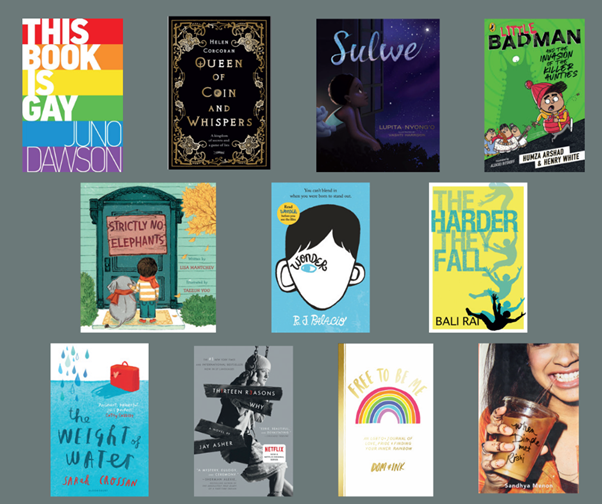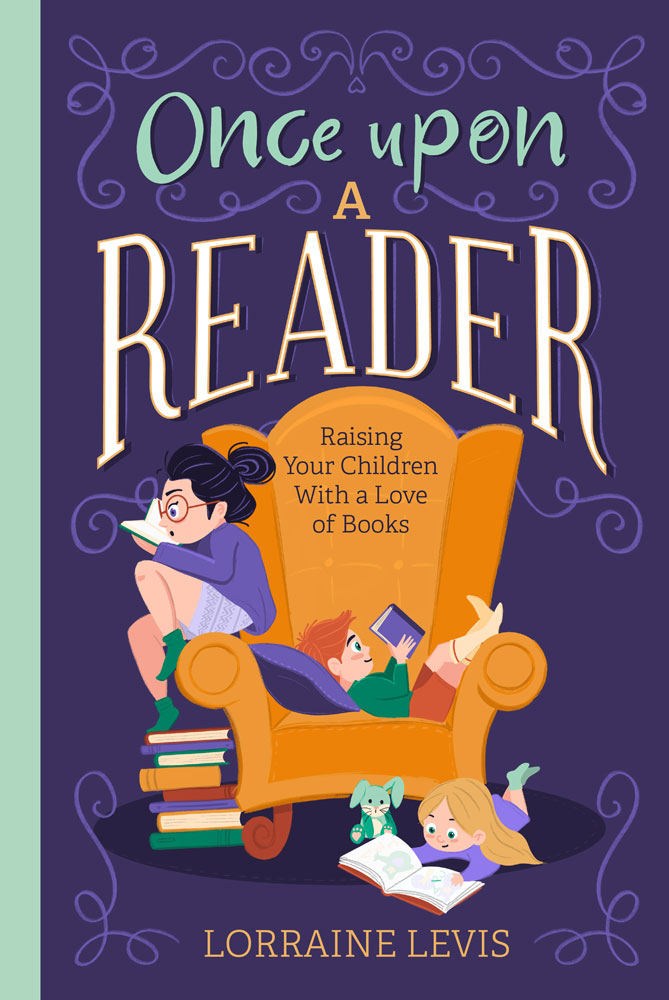Summer is here, and I know it can be hard to encourage your child to continue to read. I remember growing up my parents had the hardest time getting me to read, and it was not until I was in secondary school that I truly began to enjoy reading on my own and would actively look for new books.
A few important things to take in mind when trying to make reading a hobby that they enjoy is:
- 1. Forget about what everyone else has told you about their reading experiences: Everyone’s tastes are different, just because these are the books their peers are reading and enjoying does not mean it is the right book for your child.
- 2. Draw inspiration from other hobbies: If reading is not something they particularly enjoy, but they love sports, or animals pick up a copy of a book that ties into these. They are more likely to read and enjoy the book if it is about something they already have a passion for.
- 3. Start small: Going from nothing to a full novel can seem like a daunting commitment of time and energy. There is an amazing series of books called ‘quick reads’ which are small, complete stories written by popular authors and designed to be read in one sitting or just as a taster of what they have to offer.
- 4. Make sure there’s no other reason for your reluctance: Sometimes the reason your child does not enjoy reading is not because they don’t like to read, but it is simply hard for them because of something that is out of their control. If they haven’t had a recent eye exam, get one to make sure that they don’t need glasses. You should also consider the idea that they might have an undiagnosed condition such as dyslexia, which might not have been noticed when they are at school.
Once you have taken all these things into consideration, you should look at what types of books people their age is reading, I know I mentioned to forget what others have told you, but this is true only to a certain extent. You don’t want it to where they are falling behind, but it is okay if they want to read a book below their
reading level occasionally. Remember to just be happy they are reading on their own accord.
So, what can you do to encourage your child to read during the summer?
- 1. Start a Book Club: Invite your child’s friends or other kids in the neighbourhood to join a book club. Choose a book to read together each month and organize regular meetups to discuss the story, share thoughts, and engage in related activities. This can foster a sense of community and make reading a social and enjoyable experience.
- 2. Reading Challenges and Contests: Create reading challenges or participate in existing reading contests or programs available online or at local libraries. Set goals for the number of books read or specific genres explored and provide incentives for completing the challenges. This can add an element of excitement and competition while expanding your child’s reading repertoire.
- 3. Reading Rewards Program: Develop a reading rewards program where kids earn points or stickers for every book they finish. Set goals and milestones, and offer incentives such as small treats, extra privileges, or a special outing when they reach certain levels. This can motivate children to read more and create a sense of accomplishment.
- 4. Visit Libraries and Bookstores: Take regular trips to the library or local bookstore. Allow your child to explore different sections, discover new books, and borrow or buy books that interest them. Encourage them to ask librarians or bookstore staff for recommendations based on their preferences.
- 5. Explore Different Formats: Introduce your child to a variety of reading formats, including traditional books, e-books, audiobooks, and graphic novels. Different formats cater to different preferences and can make reading more accessible and engaging for children
While books can be fun and exciting to read, they can also deal with some difficult issues in society. Books can be a great way to start those difficult conversations about things that your child might be going through. As a parent you should never feel ashamed of using books to try and help you get your point across when you feel like you don’t have a way of articulating it yourself. Below is a list of recommended books by both age and topic to help start those difficult conversations.
LGBT Relationships:
Teen (12-14):
- Free To Be Me by Dom&ink
YA (14+):
- This Book is Gay by Juno Dawson
- Queen of Coin and Whispers by Helen Corcoran
Race:
Picture books (3-7)
- Sulwe by Lupita Nyong’o
Independent reader (7-11)
- Little Badman and the Invasion of the Killer Aunties by Humza Arshad & Aleksei Bitskoff
Teen (12-14)
- The Weight of Water by Sarah Crossan
YA (14+)
- When Dimple Met Rishi by Sandhya Menon
Bullying:
Picture books (3-7)
- Strictly No Elephants by Lisa Mantchev
Independent reader (7-11)
- Wonder by R.J. Palacio
Teen (12-14)
- The Harder They Fall by Bali Rai
YA (14+)
- Thirteen Reasons Why by Jay Asher

For more books on difficult topics and how to best encourage reading in your child as well as other topics pertaining to reading make sure to check out Once Upon A Reader by Lorraine Levis


